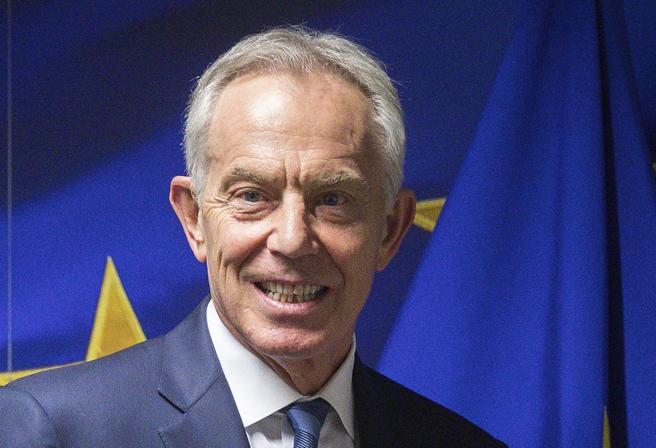
Introduction
Tony Blair, the former Prime Minister of the United Kingdom from 1997 to 2007, is a figure who has left a profound impact on British politics. Known for his charismatic leadership and centrist policies, Blair’s tenure marked a significant shift in Labour Party ideology and governance. As of 2023, discussions surrounding Blair’s legacy continue to resonate, particularly in the context of contemporary political challenges faced by the UK.
Blair’s Leadership and Policies
Tony Blair became the youngest Prime Minister in over 150 years when he assumed office in 1997, leading the Labour Party to a landslide victory. His administration focused on modernising the party and appealing to a broader electorate, which resulted in substantial electoral success. Significant policies during Blair’s premiership included the introduction of the Minimum Wage, substantial investment in public services like education and healthcare, and advances in social issues such as civil partnerships.
Controversial Decisions
Despite his achievements, Blair’s time in office was not without controversy. The decision to join the United States in the Iraq War in 2003 remains one of the most contentious aspects of his legacy. Critics argue that the war was based on misleading information regarding weapons of mass destruction and resulted in prolonged instability in the region. This decision has impacted public perception of Blair, leading to ongoing debates about accountability and moral responsibility in political leadership.
Post-Premiership Influence
Since leaving office, Blair has remained active in international affairs, focusing on global issues such as the Middle East peace process and engagement in various charitable initiatives. He founded the Tony Blair Institute for Global Change in 2016, aimed at promoting progressive ideas and addressing global challenges.
Conclusion
As the UK navigates complex political landscapes, understanding Tony Blair’s influence is crucial for analysing current affairs. His vision of a ‘Third Way’ in politics—a blend of traditional Labour values with contemporary liberalism—continues to spark discussion, particularly among the Labour Party as it seeks to redefine its identity. Blair’s legacy, while complicated, serves as a reminder of the power of leadership in transformative politics, highlighting both the triumphs and trials that come with governance. As we move forward, Blair’s impact will undoubtedly remain a pertinent subject for political discourse and analysis.
You may also like

Understanding the Current Political Landscape in the UK

The UKIP Party: Recent Developments and Future Outlook
